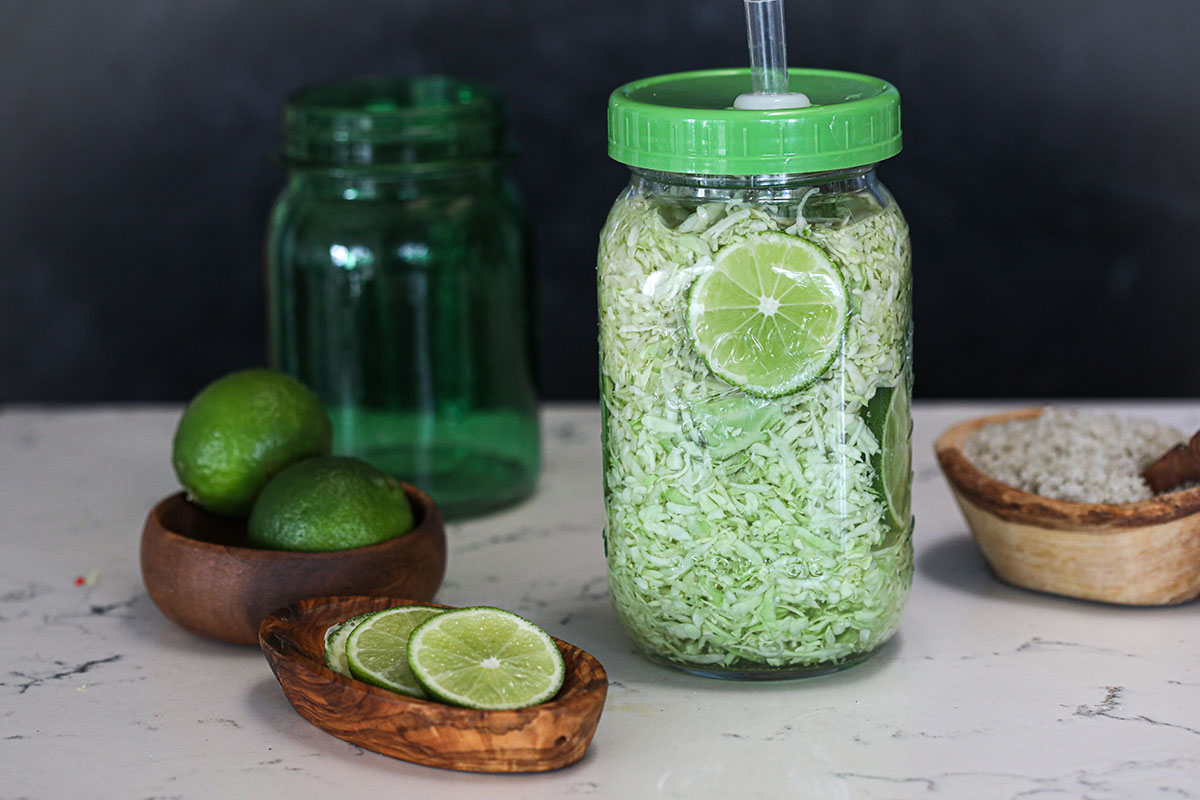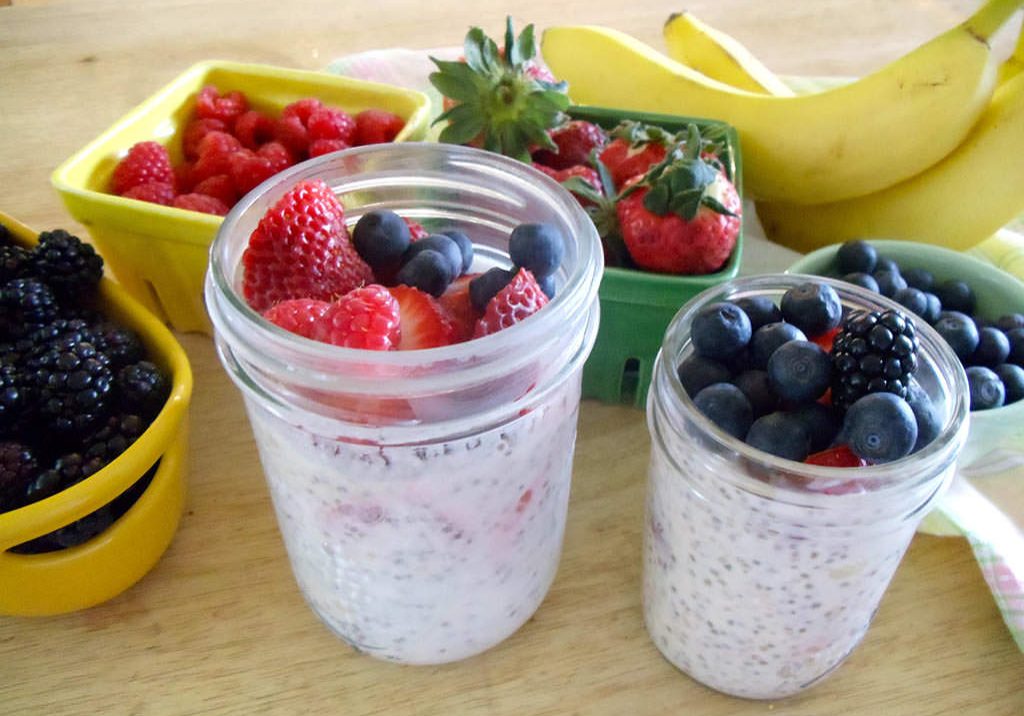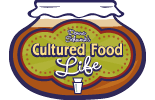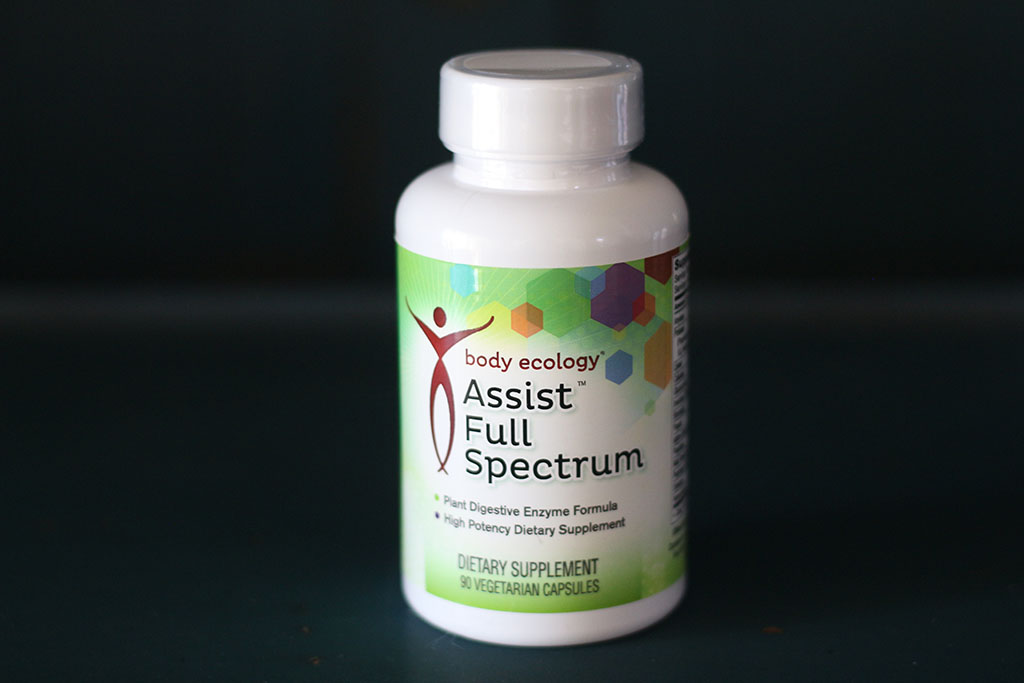
Preserving Gut Health As You Age
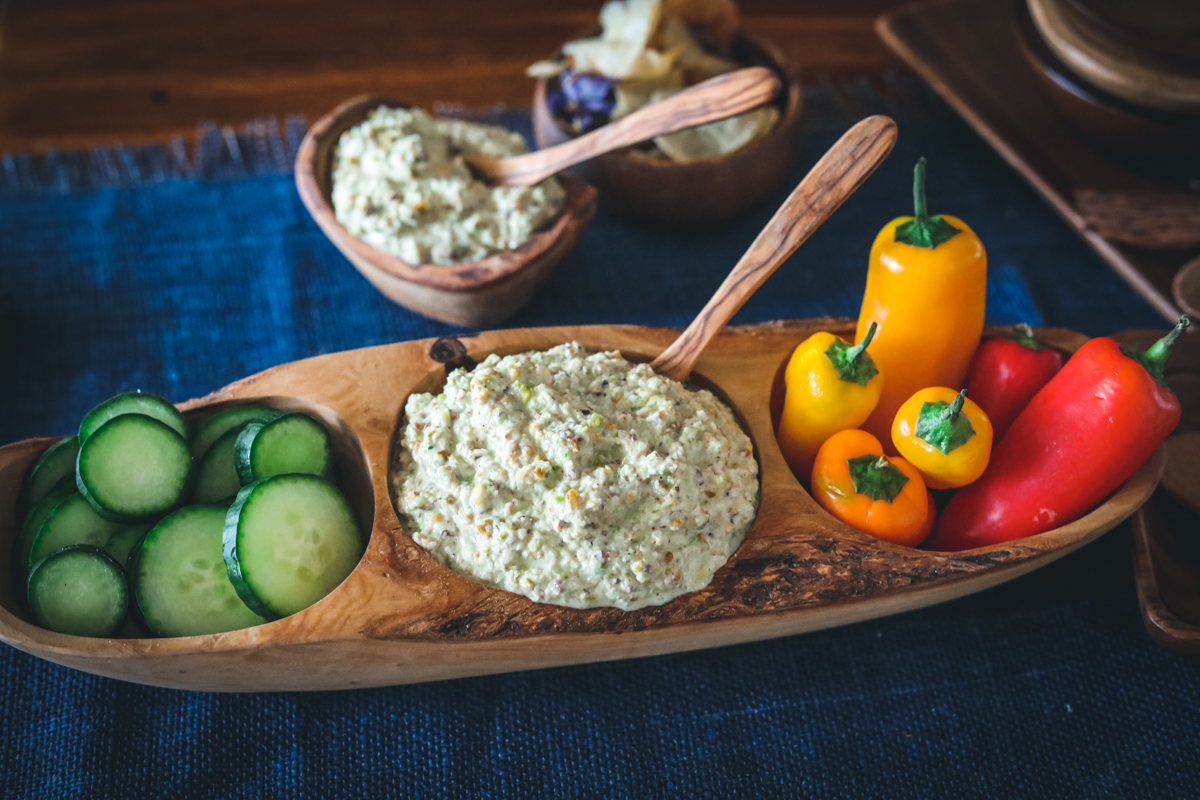
This last year I've been thinking a lot about how I want to live the rest of my life. My husband's father and stepmom died and so did my dog. It is times like these that help me to reevaluate things in my life and how I want to live and be remembered. I see so many people living in fear and afraid for tomorrow and I refuse to be a victim. I've gotten this far following my own road less traveled and I'm gonna ramp it up. I made a decision that I'm gonna live my life like never before. A lot of that is going to depend on how I feel and the energy I have. I also look at what my core beliefs are and let me tell you — I believe in wellness, and that my body is designed to keep me healthy as long as I control what I feed it, how I move it, and how I control my mind. I've lived this lifestyle so long that nobody can convince me that the things I believe and do every day haven't led me to a life filled with incredible joy and energy. It wasn't until I was 41 years old that I found what I had been looking for my whole life. Trillions of microbes that call me home and made their presence known to me, and that's when I woke up. This is when my health changed and every aliment I had been living with went away. Wellness is contagious and so is fear, so which are you going to believe in? I hope I can help you believe in wellness, it's your birthright. We face many challenges in this life and often with our own bodies. It is my heartfelt desire to build a bridge to wellness with simple tools and knowledge that will help you understand what your body is trying to tell you when symptoms show up. Symptoms are not the enemy but just the warning sign. Don't let your mind or fear bully your body. Control what you believe in and watch your body transform. If you do have symptoms, it's okay, there are things you can do. Your body is a miraculous machine that is your home here on planet earth and you're never alone. Ten trillion microbes call you home and all they care about is you!
Your bacteria can be one of your strongest allies in being healthy, or they can be one of your worst enemies. The symptoms of an unbalanced gut are broad and wide. It's staggering how many things are affected by your bacteria. I see more and more digestive problems in all age groups. So many people are experiencing problems with gas, bloating, abdominal discomfort, poor elimination, fatigue, headaches, diarrhea, constipation, and numerous other symptoms that may be indicators of gut health decline. Nothing will serve you better than to keep your gut health in optimum condition.
Aspects of our physical health change naturally with age, but poor diet, reduced digestive enzymes, and unbalanced gastrointestinal flora can wreak havoc on both our digestive and immune systems. Here are things you can do to help your struggling gut and bring peace to your life again.
Signs of Gut Distress
Constipation
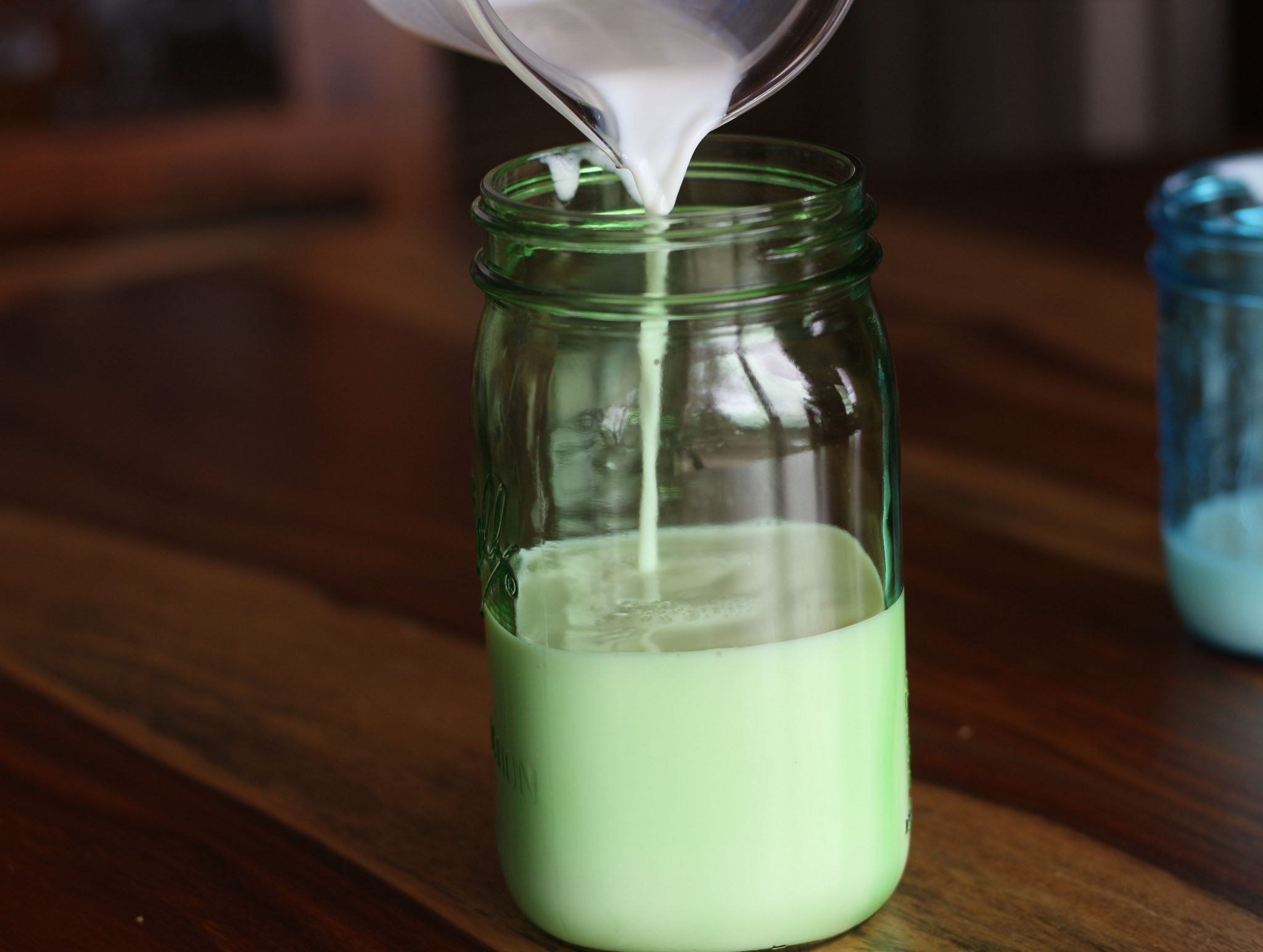 Constipation, diarrhea, stomach upset, or pain when you eat is always a sign that your gut is struggling and needs your help. These symptoms can develop after you take antibiotics and they are always a sign that your gut is out of whack. Having cultured foods can greatly help bring balance to these symptoms. Many people have gotten off their medications for constipation after consuming kefir. One of the first people I met at one of my classes was a man in his late seventies who was on medication for chronic constipation for years. One week on kefir and he didn't need it anymore. One way kefir may help is by lowering the pH in the colon via short-chain fatty acids (butyric acid, propionic acid, and lactic acid). A lower pH or more acidic colon enhances movement.
Constipation, diarrhea, stomach upset, or pain when you eat is always a sign that your gut is struggling and needs your help. These symptoms can develop after you take antibiotics and they are always a sign that your gut is out of whack. Having cultured foods can greatly help bring balance to these symptoms. Many people have gotten off their medications for constipation after consuming kefir. One of the first people I met at one of my classes was a man in his late seventies who was on medication for chronic constipation for years. One week on kefir and he didn't need it anymore. One way kefir may help is by lowering the pH in the colon via short-chain fatty acids (butyric acid, propionic acid, and lactic acid). A lower pH or more acidic colon enhances movement.
A study was done in Japan with mentally and physically handicapped residents of a nursing home who struggled with constipation. Glycerol Enema (GE) is used to treat constipation in these patients. The administration of GE not only causes mental and physical stress to handicapped people but also causes physical damage to nurses.
Kefir-fermented milk was ingested three times per day (total 6 g per day) for three months to see if it could prevent constipation. They found that four of the eleven participants showed improvement in bowel movements without the administration of GE. Although this study was carried out with a highly limited number of subjects, the results implicated that adding kefir to the daily diet of handicapped people might have benefits for constipation. Even though further studies are required, this study suggests that the oral intake of kefir would contribute to the reduction of the physical labor of nurses spending much time and effort in the administration of GE, and also contribute to an increase in the quality of life for handicapped people.1,2
A study in the Turkish Journal of Gastroenterology in 20143 studied two groups of patients. Twenty consecutive patients with functional constipation were divided into two groups based on their colon transit. 500 mL/day of fermented kefir beverage was administered to all patients for 4 weeks. The first group of ten had “normal transit” and the second had “slow transit" (constipation). The patients themselves kept daily records. At the end of the study, all the patients showed an increased stool frequency.
The Results:
- Stool frequency increased
- Stool consistency improved
- Colonic transit time improved
- Bowel satisfaction scores improved
- Laxative use decreased
Diarrhea
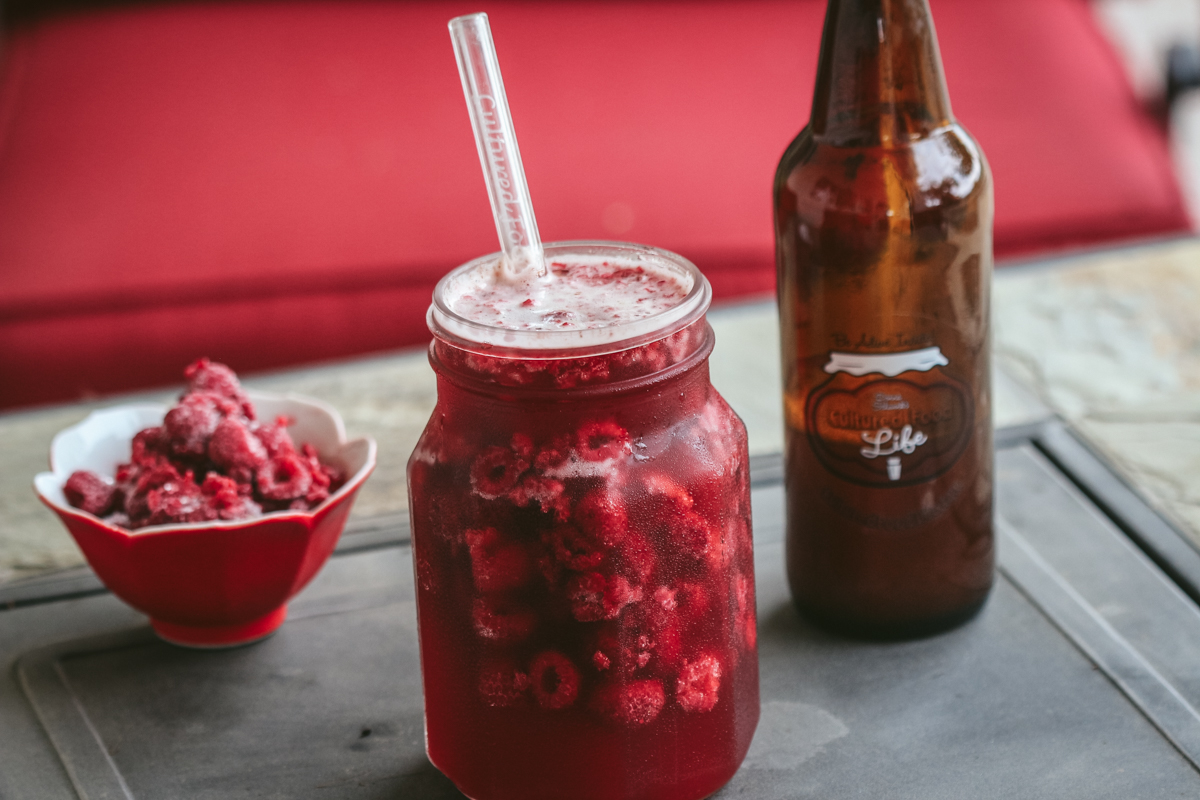 Saccharomyces boulardii is a powerful probiotic that cannot be killed by antibiotics and the reason being is S. Boulardii is a probiotic yeast. We need not only good bacteria but good yeasts as well to keep us in balance.
Saccharomyces boulardii is a powerful probiotic that cannot be killed by antibiotics and the reason being is S. Boulardii is a probiotic yeast. We need not only good bacteria but good yeasts as well to keep us in balance.
When I discovered that S. boulardii was in kombucha and was helping a friend with acute diarrhea (when nothing else would), I did more and more research on this powerful probiotic only to find more benefits from making and consuming kombucha.
S. boulardii is one of the most thoroughly researched of all probiotic supplements.4 It is now used to treat Clostridium difficile (C. diff), acute diarrhea, antibiotic-associated diarrhea, some parasitic forms of diarrhea, and other gastrointestinal disorders.5 S. boulardii can also act as a decoy to harmful pathogens. It attracts and binds with the pathogens, keeping them from attaching to the intestinal wall and doing damage. Many people have expressed how much kombucha has helped them with chronic diarrhea. It seems to be the only thing that really works for them, and it's simply a delicious fermented tea - not a drug that can have side effects.
S. boulardii is absent from the natural gut since it is a transient yeast that passes through the intestines after ingestion. If taken every day, it provides a steady stream in the colon within three days and is cleared from the stools two to five days later. [6] It does not attach to the mucosal cell lining, but works its magic on you as it moves through the gastrointestinal tract. When S. boulardii is present, it inhibits toxins from binding to intestinal receptors and steals the metabolites it needs to survive. Thus many pathogens pass out of the body unable to survive in the presence of this powerful probiotic. They even found that other pathogen strains like E. coli, Salmonella typhimurium, and S. typhi adhere to the surface of S. boulardii, thus preventing them from attaching to the mucosal lining and passing through the body rendering them harmless.
More Gut Help As We Age
Digestive Enzymes
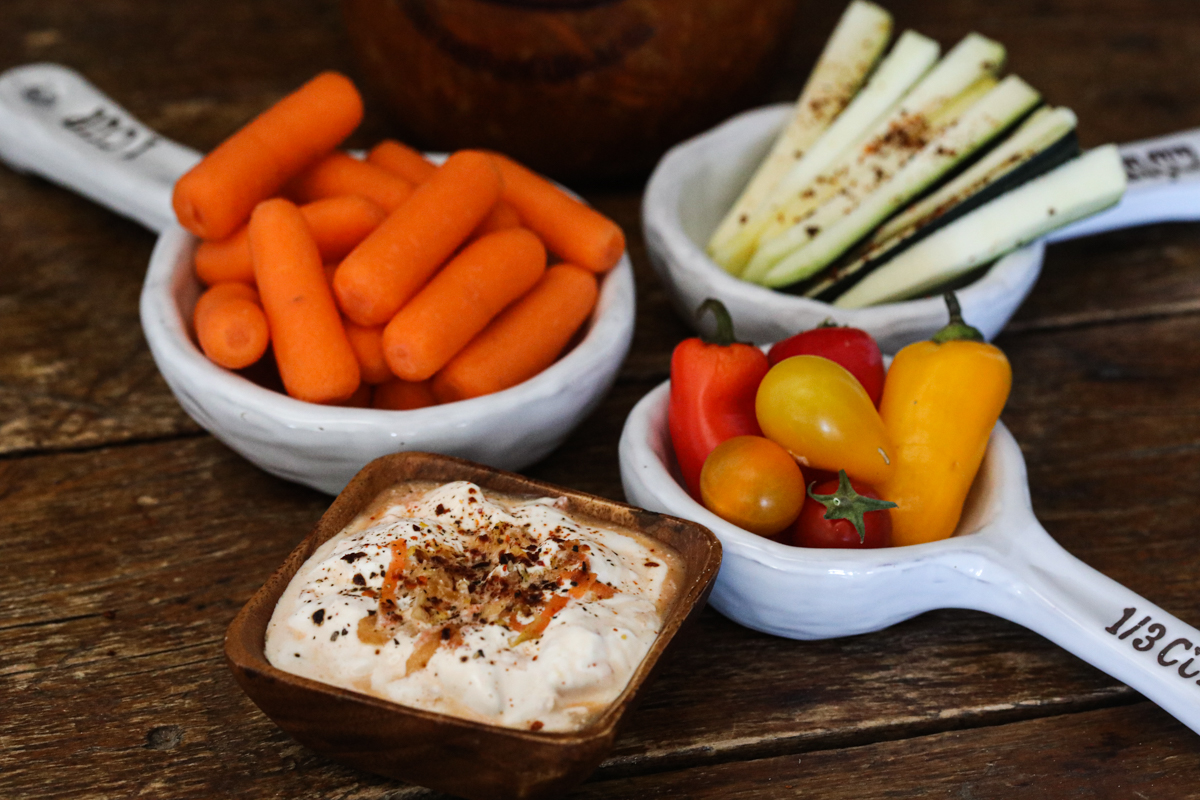 As we get older our physical health changes naturally with age; but poor diet, reduced digestive enzymes, and unbalanced gastrointestinal flora can wreak havoc on both our digestive and immune systems. Your digestive system works hard every day to digest the food you consume. After years of this, you may start to see some changes in your digestion.
As we get older our physical health changes naturally with age; but poor diet, reduced digestive enzymes, and unbalanced gastrointestinal flora can wreak havoc on both our digestive and immune systems. Your digestive system works hard every day to digest the food you consume. After years of this, you may start to see some changes in your digestion.
With age often comes reduced amounts of digestive system secretions. A poor diet and an unhealthy microbiome can set the stage for weak digestion and reduced nutrient absorption. This can reduce immune function and cause a leakage of unwanted molecules into the circulatory system (aka leaky gut) which can cause adverse outcomes for other systems of the body. Occasional gas, bloating, abdominal discomfort, poor elimination, constipation, diarrhea, headaches, and numerous other local and systemic outcomes may be indicators of gut health decline. As we grow older, our stomachs produce less acid. Without acid’s protection, medications such as ibuprofen may become harder to bear. The muscles in your gastrointestinal tract, including the esophagus and bowel, can slow down and this often leads to increased symptoms such as acid reflux or constipation.
Enzymes, and these can be our own self-produced enzymes or enzymatic supplements taken with meals, are catalysts that speed up biological reactions. During digestion, they lower the amount of energy that is required to transform the foods we eat into molecules that are small enough to pass through the intestines and into circulation.
Cultured Foods are Loaded with Enzymes
Eating cultured foods such as kefir, kombucha, cultured vegetables, water kefir, and prebiotic fruits and vegetables have not only supplied my body with billions of probiotics but also tons of digestive enzymes. This is one of the many reasons I eat them so often. Having a cultured food at a meal will help you with everything you eat with it. Having plenty of digestive enzymes is one of the keys to optimal health. All the healthy food in the world won’t do you much good if your body doesn’t have the enzymes it needs to break it down into smaller nutrients.
Many people contact me when they're already experiencing leaky gut symptoms with gas, bloating, reflux, and chronic digestive issues. Often they need extra help to help restore balance. Cultured foods are crucial, but adding more supplemental enzymes can make a huge difference and help them get over the hurdle of digestion problems. Stress is one of the main culprits that cause inflammation and depletes you of your enzymes. Foods that are highly processed are going to shift the gut flora as well, but so does taking antacids.
When I needed extra help
There have been several times in my life when I needed extra help with digestion - when I was pregnant when I went through menopause, and when we moved. Stress and hormones were the culprits in all of these times and I was glad I had extra help. I only needed digestive enzymes for a short amount of time, but boy was I glad I had them. So important were these for me that I made my own Cutting Edge Culture brand and I'm glad I did. I can't tell you how many times I've suggested these to friends and family who needed a little extra help.
I'm trying to train everybody to protect their guts. We all need help from time to time and digestive enzymes are the more natural way to go. You can get digestive enzymes at your local health food stores or I have some that I sell. Assist Full Spectrum Enzymes helps to support healthy digestion by improving the assimilation of nutrients
Healing Crisis
 Now, something that can occur when you first start consuming cultured foods is called a Healing Crisis. This can sometimes be accompanied by constipation or diarrhea that is usually short-lived. When you first start ingesting cultured foods, the body is flooded with probiotics which want to kill pathogens. A lot of extra debris can accumulate in the colon as the body tries to shed all the waste of the die-off which can give you diarrhea or constipation. If this occurs, then you'll need to have lots of water and fiber. Adding psyllium husk can be really helpful with removing the unwanted debris.
Now, something that can occur when you first start consuming cultured foods is called a Healing Crisis. This can sometimes be accompanied by constipation or diarrhea that is usually short-lived. When you first start ingesting cultured foods, the body is flooded with probiotics which want to kill pathogens. A lot of extra debris can accumulate in the colon as the body tries to shed all the waste of the die-off which can give you diarrhea or constipation. If this occurs, then you'll need to have lots of water and fiber. Adding psyllium husk can be really helpful with removing the unwanted debris.
Check out this article for more info:
Listen To My Podcast
Aspects of our physical health change naturally with age, but poor diet, reduced digestive enzymes, and unbalanced gastrointestinal flora can wreak havoc on both our digestive and immune systems. Here are things you can do to help your struggling gut and bring peace to your life again.
References:
- https://www.omicsonline.org/open-access/prophylactic-effects-of-kefirfermented-milk-on-constipation-among-mentally-and-physically-handicapped-persons
- http://internationalprobiotics.org/kefir-fix-constipation/
- https://www.turkjgastroenterol.org/en/effects-of-a-kefir-supplement-on-symptoms-colonic-transit-and-bowel-satisfaction-score-in-patients-with-chronic-constipation-a-pilot-study-1622987
- Czerucka, T. Piche, and P. Rampal, “Review Article: Yeast as Probiotics—Saccharomyces boulardii,” Alimentary Pharmacology & Therapeutics 26, no. 6 (September 15, 2007): 767–78: abstract at https://www.ncbi.nlm.nih.gov/pubmed/17767461.
- H. Choi et al., “A Randomized, Double-blind, Placebo-controlled Multicenter Trial of Saccharomyces boulardii in Irritable Bowel Syndrome: Effect on Quality of Life,” Journal of Clinical Gastroenterology 45, no. 8 (September 2011): 679–83: abstract at www.ncbi.nlm.nih.gov/pubmed/21301358; S. Uhlen, F. Toursel, and F. Gottrand, Association Française de Pédiatrie Ambulatoire, “Treatment of Acute Diarrhea: Prescription Patterns by Private Practice Pediatricians,” Archives de Pédiatrie 11, no. 8 (August 2004): 903–7: abstract at https://www.ncbi.nlm.nih.gov/pubmed/15288079
- https://www.ncbi.nlm.nih.gov/pmc/articles/PMC4542552/
Are you on the list?
Sign up today and I'll send you my free Getting Started Guide!
Each week I'll send you updates, tips, recipes, and more! You might even be a winner of my weekly giveaway! (starter cultures, memberships, and more!)
Come be a part of my cultured food family!

